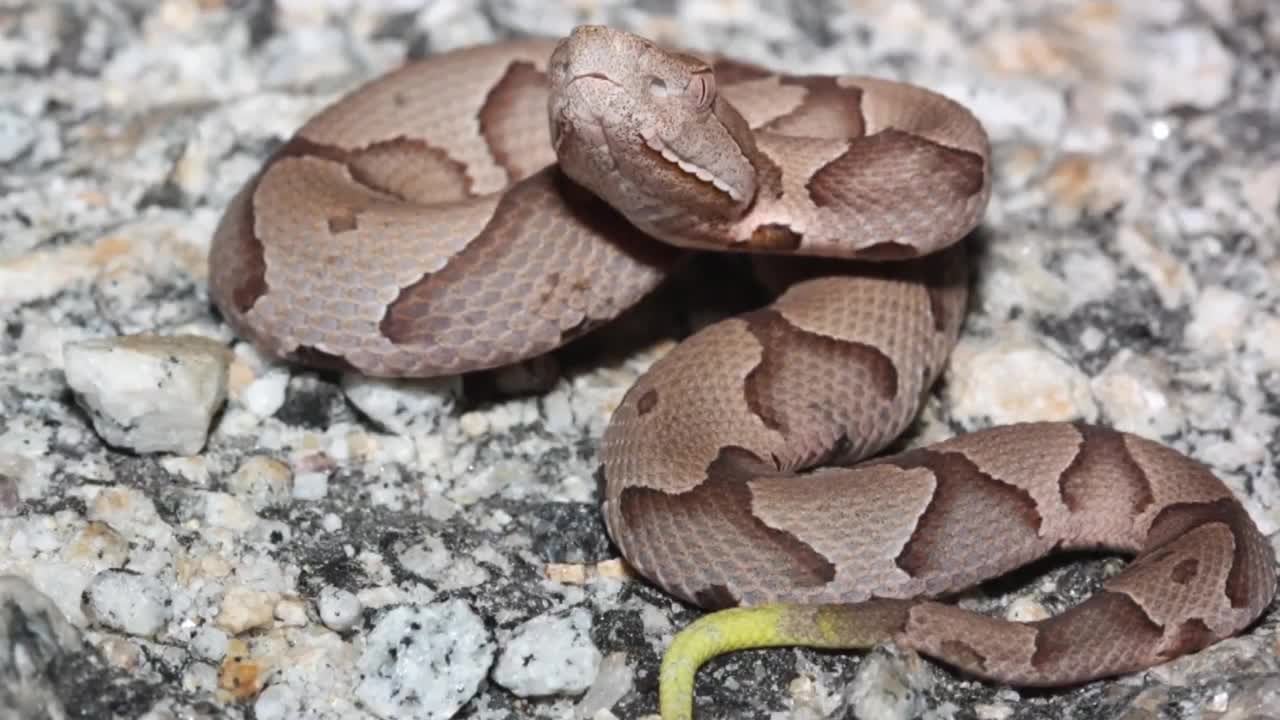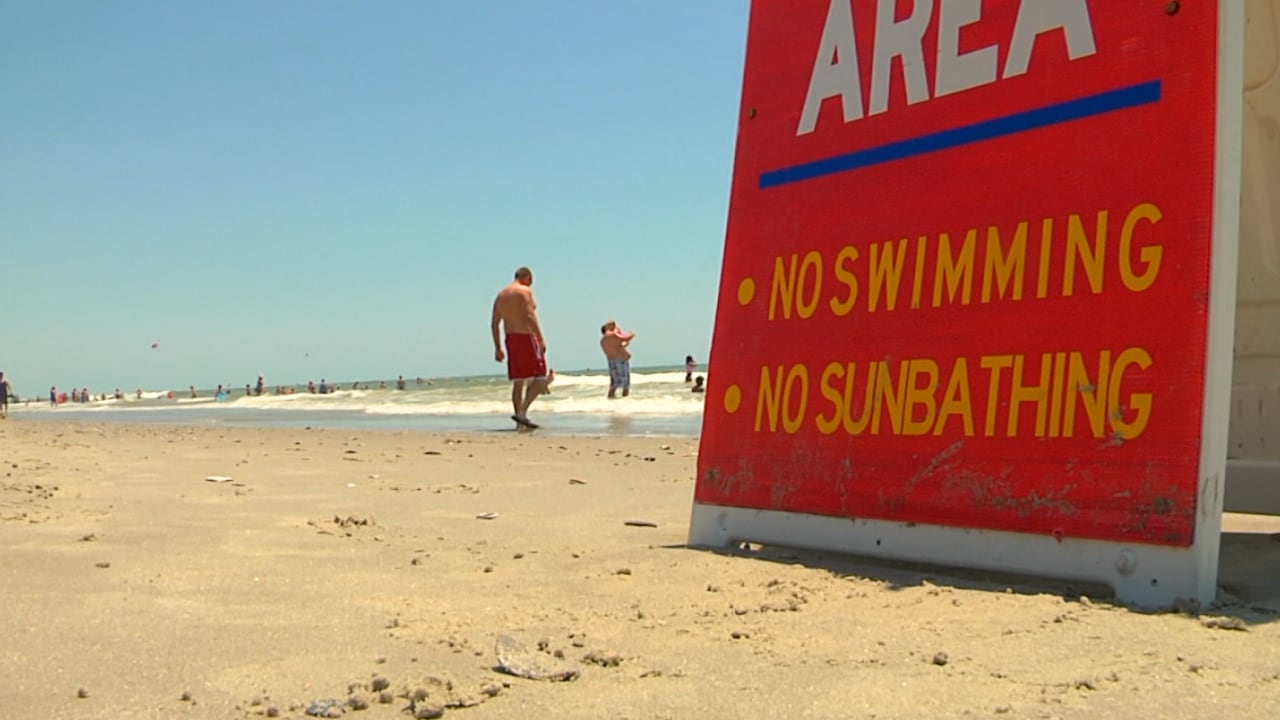Parts of Georgia bracing for another wave of cicadas this spring
SNELLVILLE, Ga. (WRDW/WAGT) - Parts of Georgia could soon see a familiar sight: large amounts of cicadas covering the ground and trees.
A year after more than a trillion periodical cicadas emerged across the Midwest and Southeast, another brood, Brood XIV, is expected to emerge at the end of April and into May.
The brood is concentrated in northern Georgia, so we shouldn’t see an abnormal amount in the CSRA. But there are always some outliers.
SAFETY ALERT: It’s snake season in CSRA, so here’s what you should know
What should you do if you encounter a snake? They're coming out of hiding for spring, so here's what you need to know about the different types of snakes in the CSRA.

Sonya Harrison runs My Secret Garden, a flower shop in Snellville. A lifelong gardener, she’s intimately familiar with bugs and their effects on plant life.
“Unfortunately, if you have plants, you have to worry about bugs,” she said.
As far as bugs go, Harrison said cicadas aren’t really a problem, even though they’re related to aphids and other plant pests.
Marjorie Taylor Greene says Catholic bishops are ‘controlled by Satan’
A religious and civil rights group is calling for the censure of Congresswoman Marjorie Taylor Greene. She's firing back.

“They do tend to like the hardwoods, the magnolias, the maples,” Harrison said.
Flowers and plant life are safe, but the bugs make a big mess, although Brood XIV is expected to be less noisy than the double emergence of 2024.
Cicadas usually emerge for about four to six weeks. Where in the U.S. the emergence takes place plays a role in when they emerge. In Georgia, this typically occurs from late April to May.
How to stay safe from rip currents at the beach
Rip currents are the number one weather-related killer in the coastal Carolinas. We spoke with the National Weather Service in Charleston to find out why and what you need to do to be safe this summer.

“They actually don’t hatch until the ground reaches 64 degrees,” Harrison said. “That’s gonna be at the end of this month.”
Brood XIV won’t have the same coverage as the 2024 broods and might not emerge further south than the Georgia mountains. But it could be the last brood Georgia sees until 2037.
Copyright 2025 WRDW/WAGT. All rights reserved.














